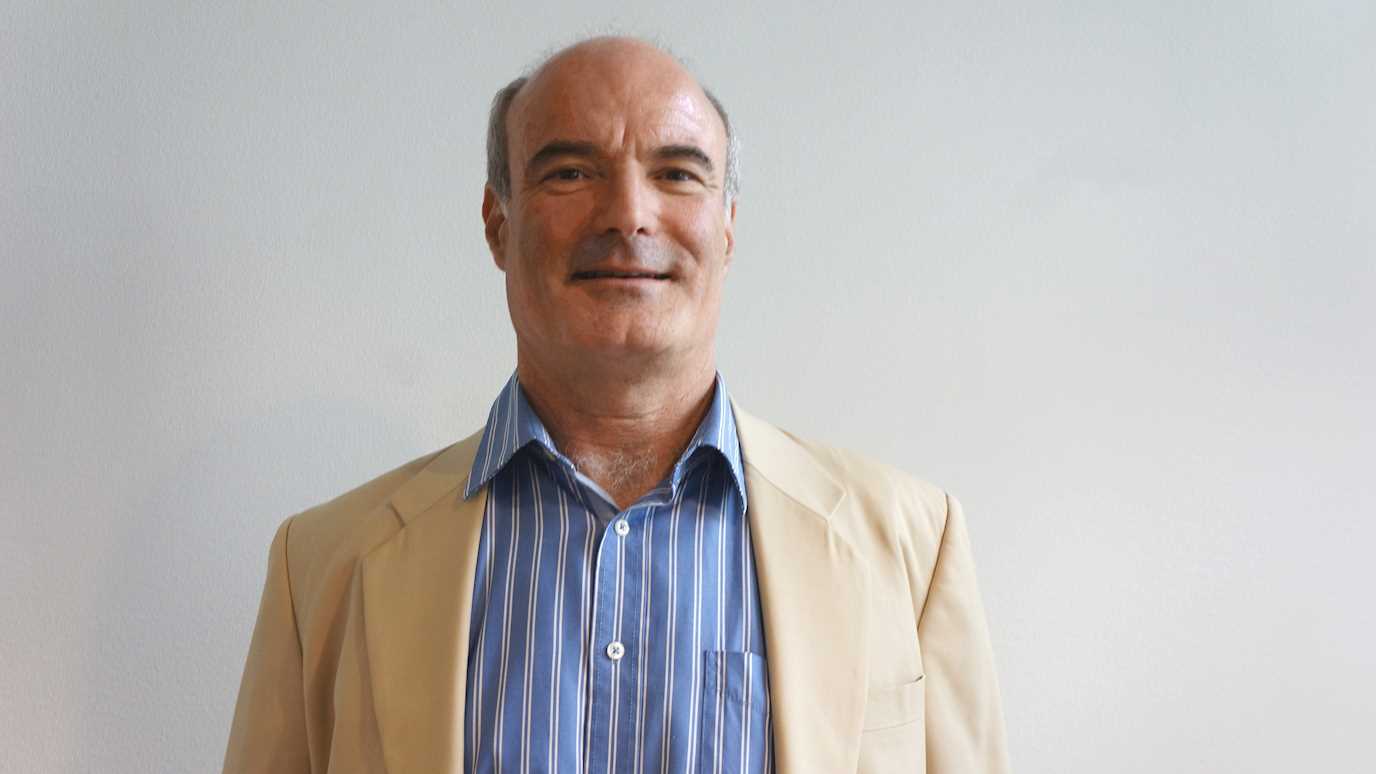Academics at Royal Holloway are speaking with MPs at the Houses of Parliament on Tuesday November 22, to urgently encourage them to create a UK Fashion watchdog.

This will be ahead of the second reading in UK Parliament of the Fashion Supply Chain (Code and Adjudicator) Bill on Friday, November 25.
The new research, ReFashion, led by Professor Katherine Brickell from the Department of Geography at Royal Holloway, with Dr Sabina Lawreniuk and Dr Lauren McCarthy, shows the need for a UK Fashion Watchdog after the study followed the lives of 200 female garment workers in Cambodia since the onset of the pandemic.
The academics also interviewed more than 60 fashion industry stakeholders across the UK and Cambodia, including clothing and footwear brands and retailers; supplier representatives; industry regulators and monitors; labour rights organisations; and local trade unions.
During the study, it became apparent that the Covid-19 crisis exposed deep inequities and injustices in the global fashion industry, with UK brands and retailers cancelling orders with suppliers in developing countries, putting millions of women out of work worldwide.
In Cambodia, where many of the UK’s clothes and shoes are made, garment workers who have now returned to factories are still facing rising debt, malnutrition, ill-health and stress, as a result.
Although the situation was extreme during the pandemic, it was not unusual. Everyday unethical buying practices by UK retailers worsen conditions for garment workers across global supply chains.
The pandemic has also created new opportunities for worker exploitation. The research in Cambodia shows the rise in subcontracting in factories with less protection and more harassment.
Given the mismatch between renewed demand and volatile output, factories are now outsourcing production to smaller, subcontracting facilities. They capture a 10% share of employment among the sample, by November 2021. With many subcontracting factories remaining unnamed and unlicensed, they lurk under the radar of labour inspectors and auditors. As one European brand put it, ‘we have no idea what is going on in there anymore.’
As such, labour conditions in these shadow-facilities are significantly worse than those in export-tier factories, one of which is Reasmey, with one worker adding in the report, ‘For the first few days, we didn’t get paid for our work. I did not even get two cents. We did not get paid anything since we left at 4pm. They said we have to work and do overtime until 6pm to get paid. This is exploitation.
Though subcontracting itself is not illegal, the employment practices of many of these subcontracting enterprises are.
Operating from homes, warehouses, or other improvised sites, those working within subcontracting facilities like Reasmey report forced and unpaid overtime, withheld pay, and more frequent and severe experience of harassment and abuse by managers and supervisors.
Work here is undertaken without employment contracts and paid according to fixed daily rates, set below the statutory minimum wage.
Workplace conditions have also deteriorated with increased production targets to offset economic losses by squeezing higher output from a shrinking workforce. As they continue to struggle with the financial repercussions of the pandemic, workers have found it increasingly difficult to challenge these oppressive workplace regimes
Professor Katherine Brickell at Royal Holloway said: “Our report has shown we have to act now to make sure brands and retailers are held accountable for their part in exploitation of workers.
“Brands and retailers once promised to ‘Build Back Better’, but things only got worse for Cambodian garment workers. This is why a UK Fashion Watchdog is needed urgently to ensure oversight of supply chains and enable suppliers and workers to hold brands and retailers to account.”
Baroness Lola Young, foreword contributor to the report, added: “The bald fact of the matter is that those who can least afford it are continuing to be punished financially by brands seeking to regain lost profits.”
“It’s the decision-makers in fashion companies that have wreaked this havoc, and they must embrace accountability, take responsibility for this intolerable situation, and where appropriate, remediate the communities concerned.”
A video is available to watch to explain more.
























